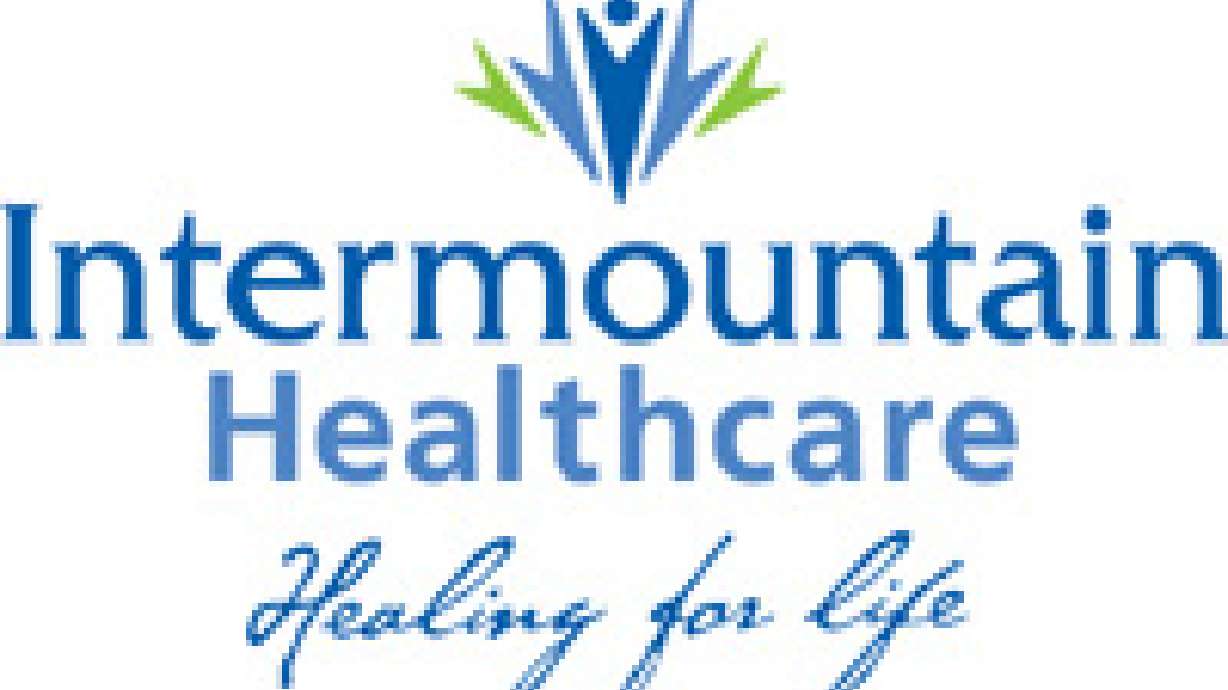Estimated read time: 2-3 minutes
This archived news story is available only for your personal, non-commercial use. Information in the story may be outdated or superseded by additional information. Reading or replaying the story in its archived form does not constitute a republication of the story.
SALT LAKE CITY (AP) -- Health officials are trying to negotiate an agreement among the state's three Medicaid providers that would allow Intermountain Health Care to treat more Medicaid patients.
IHC contends that would provide patients more choice, especially those living in rural areas where IHC is the only provider.
The other providers, Molina and the managed care arm of the University of Utah, fear losing any more market share to IHC.
The state Department of Health want to contain costs, and state Medicaid director Michael Hales has been meeting with the three providers.
A recent audit ordered by the Health Department suggests IHC is the better bargain.
On a raw per client, per month basis, Molina is the cheapest. But after adjusting for the fact that IHC treats more high-cost, chronically ill patients, IHC comes out on top. On average, the hospital chain charges the state $191.86 per client per month. The university's HealthyU charges the most at $234.46, followed by Molina at $219.14. Molina and HealthyU dispute the calculations.
"Those numbers are garbage," said John Oaks, a vice president at IASIS Healthcare Corporation, which gets referrals from Molina. He fears that raising IHC's cap would drive Molina out of business and calls IHC's arrangement with the state a "sweetheart deal."
Medicaid pays health providers about 52 percent of what private insurers pay. Providers often limit it to 15 to 20 percent of their business to remain profitable.
But Medicaid covers care for 250,000 people a year, Hales said. "That's a lot of volume. Medicaid pays for about 15,000 deliveries of babies each year, or 30 percent of all deliveries in the state. If you're an OB-GYN, you basically have to take Medicaid."
Molina and the HealthyU operate under a managed care model. The state pays them to manage Medicaid claims and patient referrals to non-IHC hospitals, which provide care at a discount.
With IHC, the state reimburses its network of physicians based on a nonnegotiable fee schedule.
(Copyright 2006 by The Associated Press. All Rights Reserved.)








